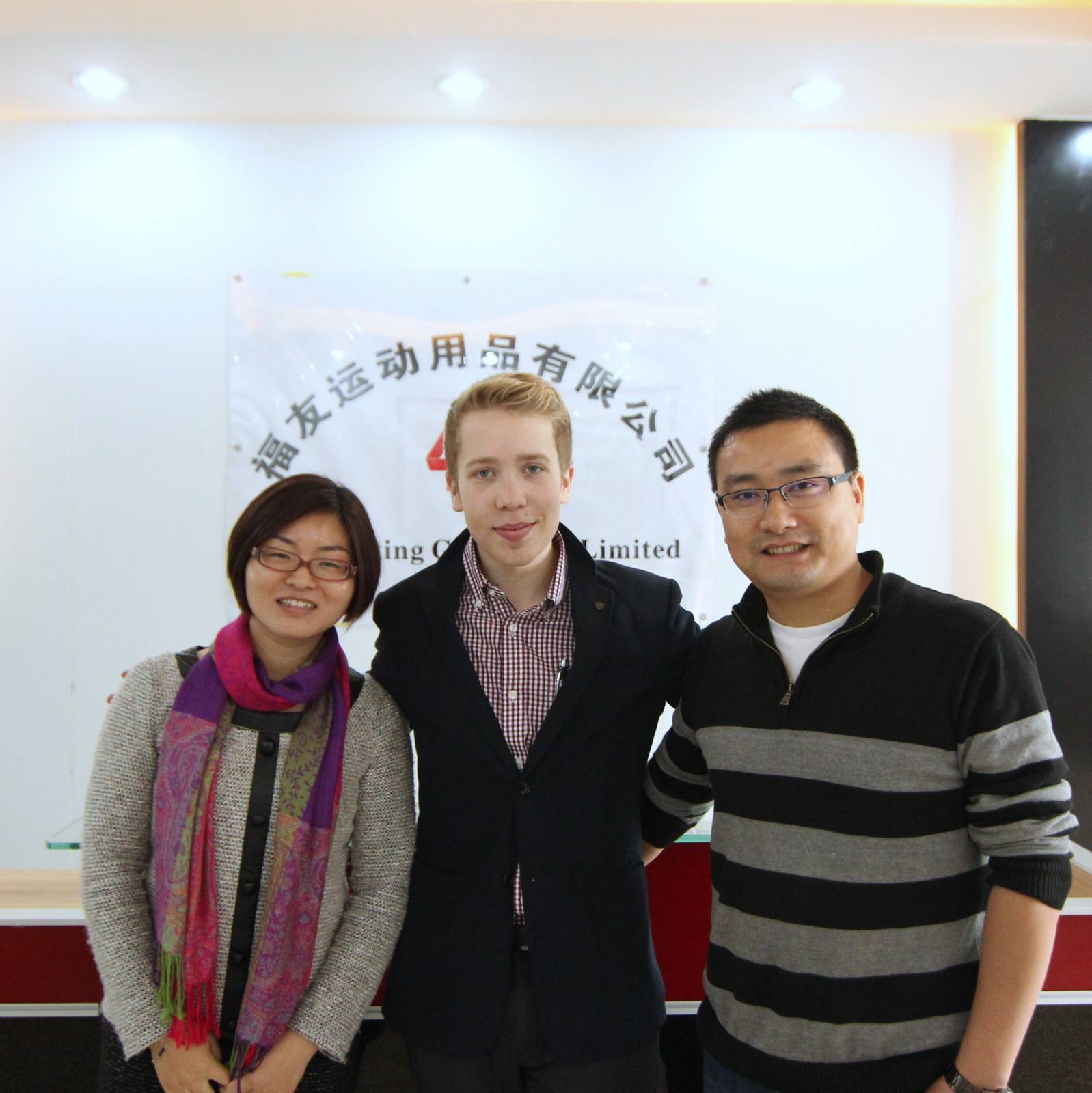Miles Friedman’s Mind for Business
The University of Texas freshman has been creating and running his own businesses since he was nine years old.
By Isabella Waldron, Scripps College
Miles Friedman is a freshman at the University of Texas, Austin.
Growing up in the small town of Whitefish, Montana, Friedman has been running his own small businesses since the age of nine. From making skateboards in his garage to traveling abroad to places like China, Friedman has had his fair share of experience in the corporate world, and he explains how he got to where he is and why he loves what he does.
Isabella Waldron: Can you tell me a bit about Contemporary Goods and M. Elihuh groups?
Miles Friedman: I’ve been running a variety of business for awhile now. I started selling mini skateboards online when I was nine; I was bored and curious, so I started making them in my garage. At the time, they were $35, but it got pretty successful. From there, things developed, and I ended up in clothing.
I made some money off the skateboards, which launched one clothing brand and then another—both of which served me valuable lessons. [The first businesses] didn’t go as hoped for, but were great lessons. Then, about four years ago, I got approached by a friend of mine in the ski industry asking me to do some small clothing items for the ski world. Things fell into place and grew, and I had the chance to travel to different trade shows and learn more about the fashion industry.

From those experiences, I launched Contemporary Goods, which is my top focus right now. Contemporary Goods is my direct-business brand. I noticed a lot of my friends at the time wanted these streetwear style products but didn’t have the money or means to spend $60 on a T-shirt. I noticed inefficiency in the sourcing and production; by the time a shirt would get from the source to the customer, six to nine months would have gone by. This is a more efficient, quicker and cheaper approach to deliver the same products.
M. Elihuh is my sourcing and logistics management company. Other companies in the U.S. come to me saying, “Hey, we want 500 baseball hats.” I handle the logistics and production, sourcing material and some of the design when needed.
IW: What’s your favorite part about running your businesses?
MF: I think the biggest thing is the ability to meet people from around the world and people who have a lot of experience within an industry. For instance, I’ve been to China multiple times as a result of doing business over there. I’ve been able to experience first-hand what business is like there, and work next to some of the biggest fashion brands in the world at trade shows.
IW: How was it doing business out of Whitefish, Montana, as a small town?
MF: Well, it had its pros and cons. There were fewer distractions. Being here in Austin, it’s easy to get distracted. On a Friday night in Whitefish, I would find myself sitting behind a computer and working, and now, I’m struggling a little bit to stay focused and to balance my personal, work and social life. There’s a business community in Whitefish, but very little fashion community. I do think that’s counteracted by the ability to read about trends online and interact with people around the world through technology.
IW: Did you ever face any challenges in being an entrepreneur because of your age?
MF: Yeah, you know, there’s always been challenges, but, because of technology, your age is hidden. People don’t know how old you are, and if you present professionally online and get back to people, they can’t really tell. When I’m at trade shows, interacting face to face and offering services, [people] will slip in something to the effect of “Hey, how old are you? Do you really know what you’re doing?” If you live up to your side of the deal, [age] can be quickly forgotten, but people can be a little wary initially.
IW: Who do you work with now? How did your team grow?
MF: I do most of the work. There are some people who help out with the process, like the people designing the website and photographers. Customer service, production, making sure that things are scheduled correctly and dealing with finances fall on my shoulders.
IW: How has technology and social media played a role in your ability to succeed?
MF: I think it’s been huge. I have a team from around the world, and by connecting through email, I don’t need to have everyone under one roof. I know that without [technology], none of this would be possible. I was able to meet people from around the world, make partners and produce a business product. Also, social media has been crucial for marketing, through sites such as YouTube, where influencers can reach out to viewers. With a relatively small budget and no means to expand to a physical retail space, [social media and technology] are the only ways brands can get started. I also think being on a college campus and around young students who are a potential market is equally important.
IW: How do you manage college and business?
MF: One of the biggest challenges has been trying to delegate the business work while staying on top of school work. I have people I trust [in the businesses], and we work well together, but to take the brand to the next level, I must find people who share the same vision. Hopefully, I can find that in Austin.
IW: What do you hope to do next?
MF: Every day I continue to ask myself that. I don’t have a spot I know I want to be in the next five years. I think my goal is to continue to sustain growth without overextending or going into debt. I’d rather go slow and build a solid fan base, rather than an artificial fan base. Also, being in school definitely presents a challenge. Here at Austin, there’s a corporate environment with lots of students interested in going into the corporate world, but my end goal is to work for myself. I also want to create a team of friends and people I love working alongside to build that culture.
IW: Could you tell me about a failure or setback you might have encountered along the way, and how that affected you?
MF: I’ve experienced plenty of failures and setbacks. One situation that comes to mind is when I was working with a client through M. Elihu. We’d been working together for a few years, and things were going well. We had a decent relationship, but for one reason or another it fizzled out.
I think in some ways it failed because I wasn’t bringing my full potential to the table every time. I’d become complacent, and thought I knew what to expect, when really, that business relationship was changing. [This setback] taught me that you can’t become complacent because it can negatively impact your business.
Now, I always stay on top of it. I’m not sitting back, even when things are going well. I’m trying to create the next range of products and work on development all the time.
IW: How have you grown?
MF: I’ve grown in so many ways, it’s hard to pinpoint. I think that if I were to say one thing, I would say exposure to different cultures and people has opened my eyes to the world we live in, and hopefully has made me a better person. [This exposure] has broadened my views, and broadened my horizons.
IW: Who inspires you?
MF: My parents are huge factors; I look up to them. They never encouraged me to start a business— it was something I did sort of out of boredom and curiously. But, they’ve been supportive. When I’m trying to balance exams and work, and there’s just too much going on, they continue to be there for me.









